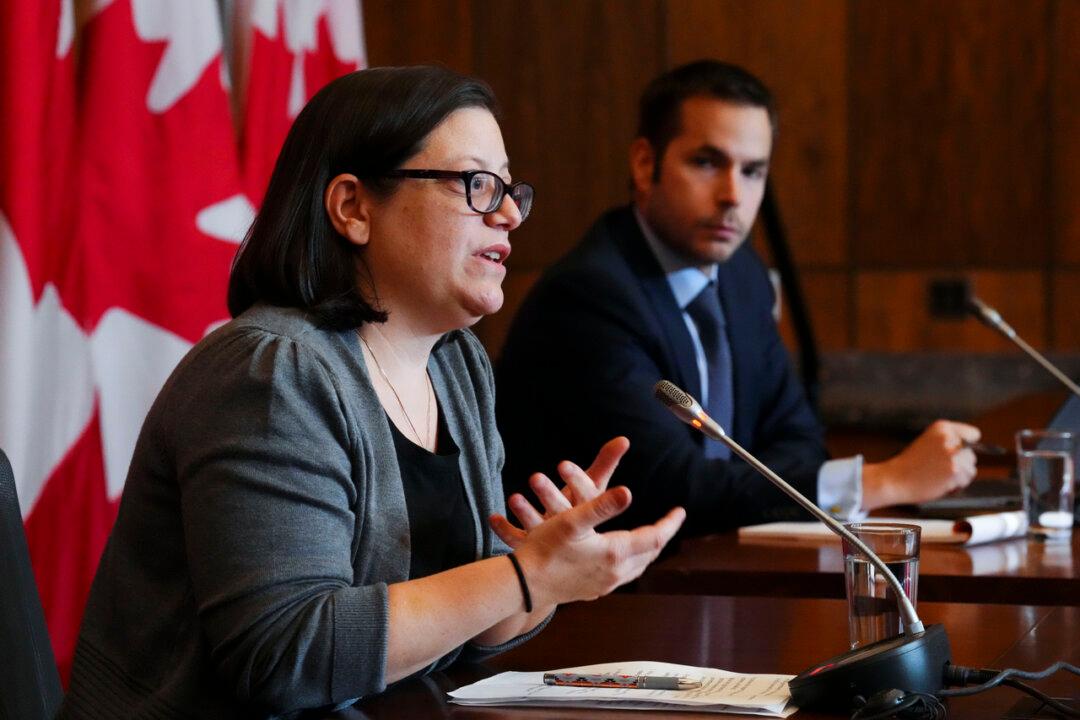Constitutional freedom and civil liberties organizations expressed disagreement with the main conclusion of the Public Order Emergency Commission and said federal courts must rule on the legality of the Emergencies Act’s use against the Freedom Convoy in Ottawa.
Commissioner Paul Rouleau on Feb. 17 released the final report of the inquiry into the government’s use of the Emergencies Act to clear convoy protests against COVID-19 mandates. Rouleau concluded that the government had met the “very high” threshold required to invoke the act.





